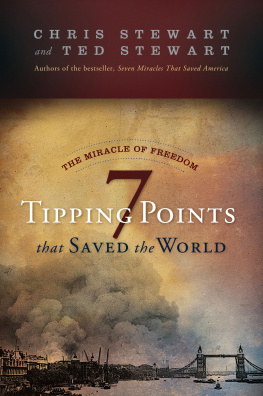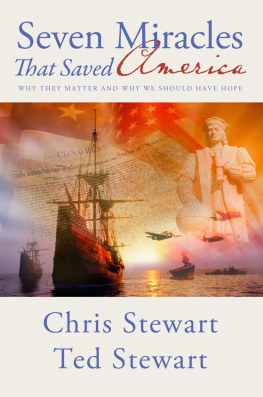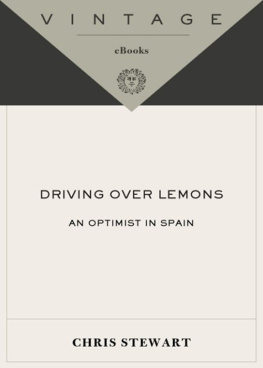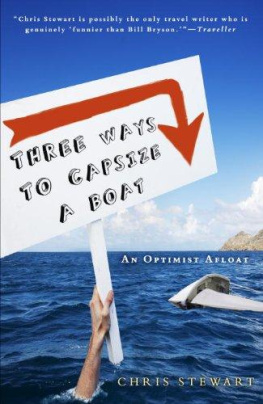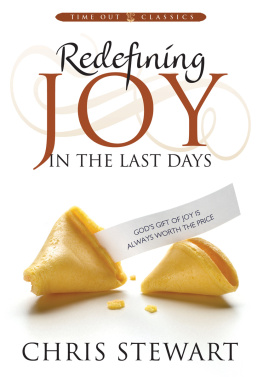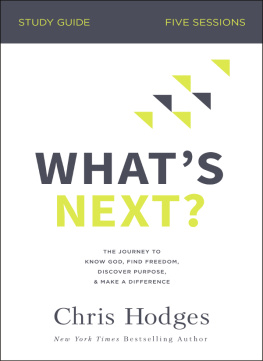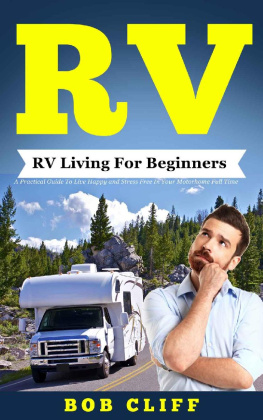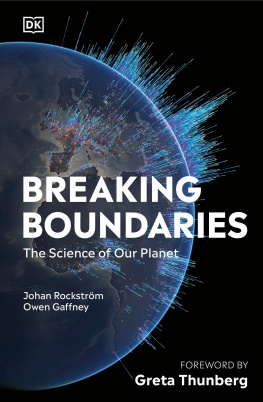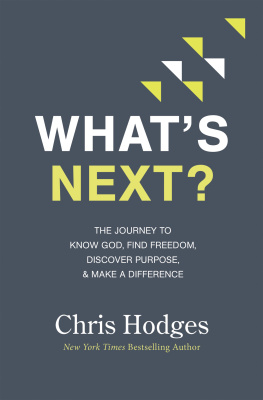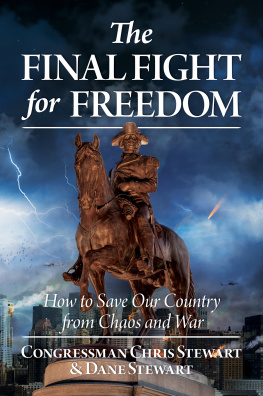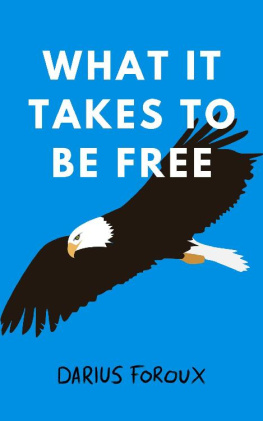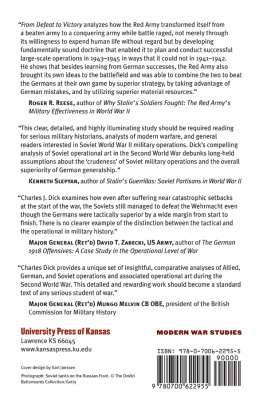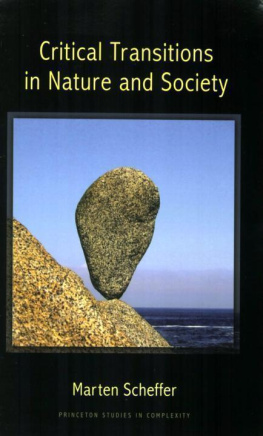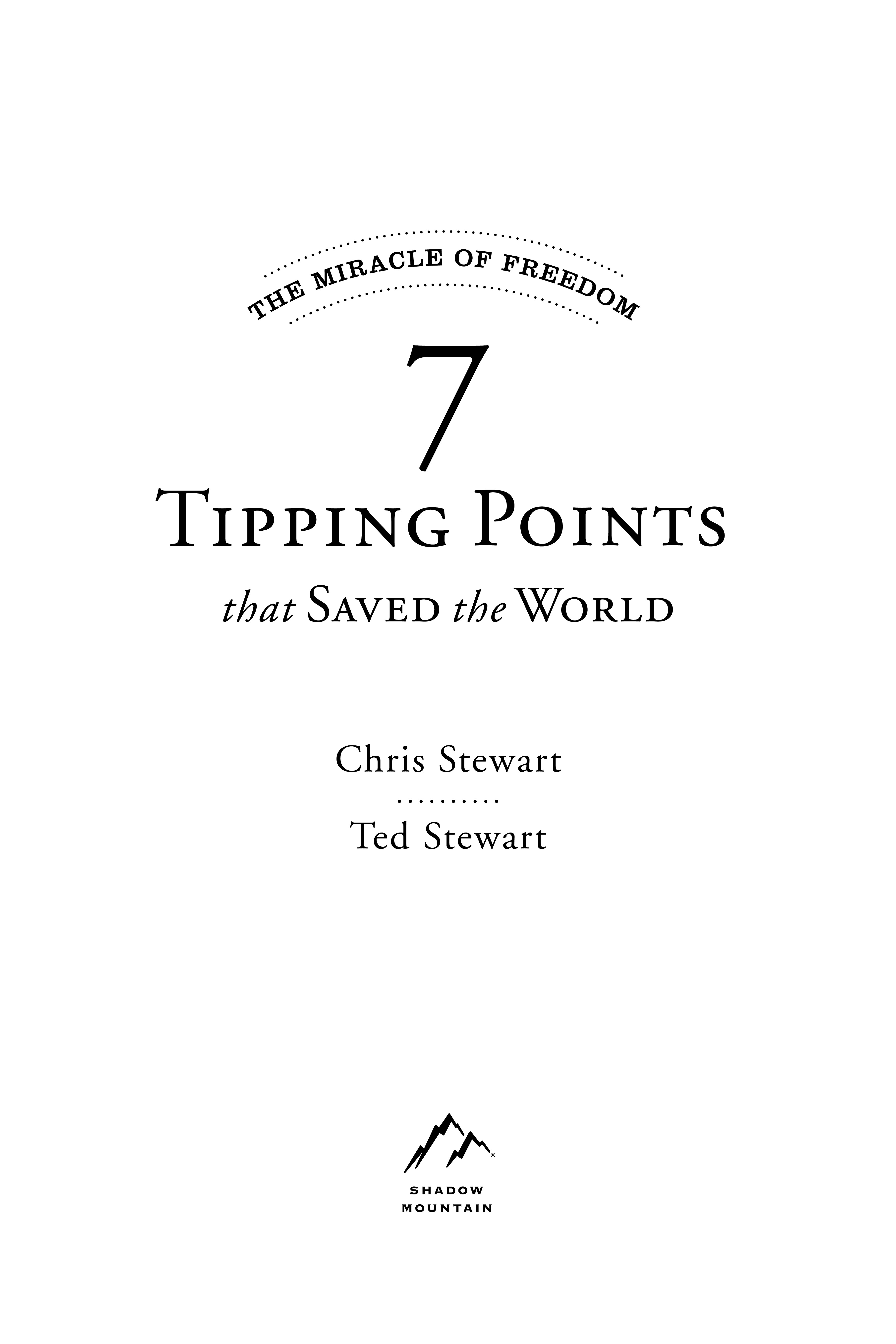2011 The Shipley Group Inc. and Brian T. Stewart.
All rights reserved. No part of this book may bereproduced in any form or by any means without permission in writing from thepublisher, Shadow Mountain. The views expressed herein arethe responsibility of the author and do not necessarily represent the positionof Shadow Mountain.
Library of Congress Cataloging-in-Publication Data
Stewart, Chris, author.
The miracle of freedom : seven tipping points that saved the world / Chris Stewart and Ted Stewart.
p. cm.
Includes bibliographical references and index.
Summary: Examine seven important tipping points in history that were instrumental in the rise of freedom in the United States and the world.
ISBN 978-1-60641-951-9 (hardbound : alk. paper)
1. Miracles. 2. EuropeHistoryReligious aspectsChristianity. I. Stewart, Ted, author. II. Title.
D24.S785 2011
940dc22 2011005037
Printed in the United States of America
Publishers Printing, Salt Lake City, Utah
10 9 8 7 6 5 4 3 2 1
Also by Chris Stewart and Ted Stewart
Seven Miracles That Saved America: Why They Matter and Why We Should Have Hope
Preface
Many have asked us if this book is designed to be a follow-up to our previous book, Seven Miracles That Saved America. The truth is, it wasnt our intention to write two books that were closely tied together.
The first book was an account of events in the history of the United States, with a particular eye toward answering these questions: Were there events in the history of this nation when God literally intervened to save us? Was there a reason for these miracles? Does God have a purpose for us still?
The theme of this book is very different. Rather than looking at miracles, we wanted to examine some of the most important events in the history of the worldepic and world-changing eventsall of which were indispensable stepping-stones toward the miracle of expanded freedom and democracy in this day.
But soon we began to realize that there is a string that runs through history, a common thread that ties it all together in a manner that was not so obvious to us before. We began to see a magnificent sense of purposea sense of intentionin what might otherwise be considered a series of unrelated historical events. It was as if there was a plan, as if each step in human progress was not just a matter of chance or happenstance but was supposed to be.
A second idea also became very obvious.
We believe in the idea of American Exceptionalism. We make that very clear in the first book. America is an extraordinary nation. It has played, and will continue to play, a special role in the world. But it is also clear that America wouldnt exist, indeed it couldnt exist, without the foundation that was laid so many millennia before. This great nation, with the freedoms that we love, owes its existence to the events that are described in this book, some of which took place in modern day, some of which played out almost three thousand years ago.
So though it wasnt our intention to write a follow-up book to Seven Miracles That Saved America, and in a greater sense we havent, many of the powerful themes that run through the first book can also be found here.
Regarding the title of this book: Some may wonder what we mean by the phrase saved the world.
Imagine a world without any freedom. Imagine a world with no democratic governments or rule of law, without justice or equality. Imagine a world without free nations willing to stand against the tide of hate and oppression that seems to be the natural tendency of man, a world without the immeasurable good that has been brought about by democratic governments.
Now take it one step further.
Imagine a world with the means of mass destructionnuclear warheads, biological weapons, chemical and conventional attacksheld only in the hands of despotic men and governments.
Imagine a world, for example, with another Adolf Hitler or Joseph Stalin in command of much of Europe and all of Asia. Imagine such a man holding all this power, along with all of the other potentially destructive technological developments of the past forty years, without the counterbalance of free governments like those in Western Europe and the United States that have proven willing to stand up to tyranny and oppression.
Imagine tyrannical governments with the modern-day capability to monitor, track, harass, suppress, and persecute their own people, their neighbors, their enemies, all without a group of nations willing to stand as a light of freedom against oppressive leaders. Consider what our world might be likewhat our world would be likewithout the overwhelmingly positive influence of modern democracies.
Then ask yourself this question: Have democratic governments saved this world?
A world without free nations that were willing to sacrifice their blood and treasure to support the idea that men should be free would be a very different world from the one we live in today.
Regarding the idea of The Miracle of Freedom, some may ask, Is the existence of freedom truly a miraculous event?
To most people, the word miracle conjures up images of manna from heaven, the parting of the Red Sea, Muhammad riding a horse into the seventh heaven, or Buddha creating a golden bridge out of thin air. More personally, we think of miracles as those unexplainable coincidences that seem to shape the direction of our lives in subtle but powerful ways.
Yet when we consider the complicated and extraordinarily unlikely series of events that led to the existence of freedom in our day; when we consider the fact that freedom runs counter to what seems to be the natural order of men and that, as will be shown, an incredibly small percentage of human beings have had the blessing of living free; the widespread existence of freedom in our day does indeed seem to be a miraculous event.
In the following chapters, we hope to show how, at critical tipping points in world history, certain events took place so as to assure that freedom and democracy would be common in this day.
In telling these stories, we think its important to note that cultures of the past are very different from those of our day. When large majorities of people were simply fighting for survival, the norms of their behavior were different from what we have come to accept. People. Nations. Families. War. Mercy and compassion. Justice. Expectations of behavior. All of these have changed. Because of this, it may be difficult to categorize people and events into unambiguous groups that we would say are good or bad.
Complicating our evaluation is the fact that no individual, nation, culture, or institution was always virtuous. Every leader had weaknesses. And all of them were mere men, struggling to accomplish difficult undertakings that would alter the course of history. This being the case, would we expect that there would be no mistakes? And though it would be easy to emphasize their failings or character flaws, we have tried not to let their weaknesses diminish the extraordinary role they may have played.
Parts of these stories will be told in a historically accurate context portrayed fictionally through the eyes of certain participants; parts will be told through pure historical narrative. We have chosen to tell the stories chronologically, although that is not necessarily what we would consider their ranking of importance.

